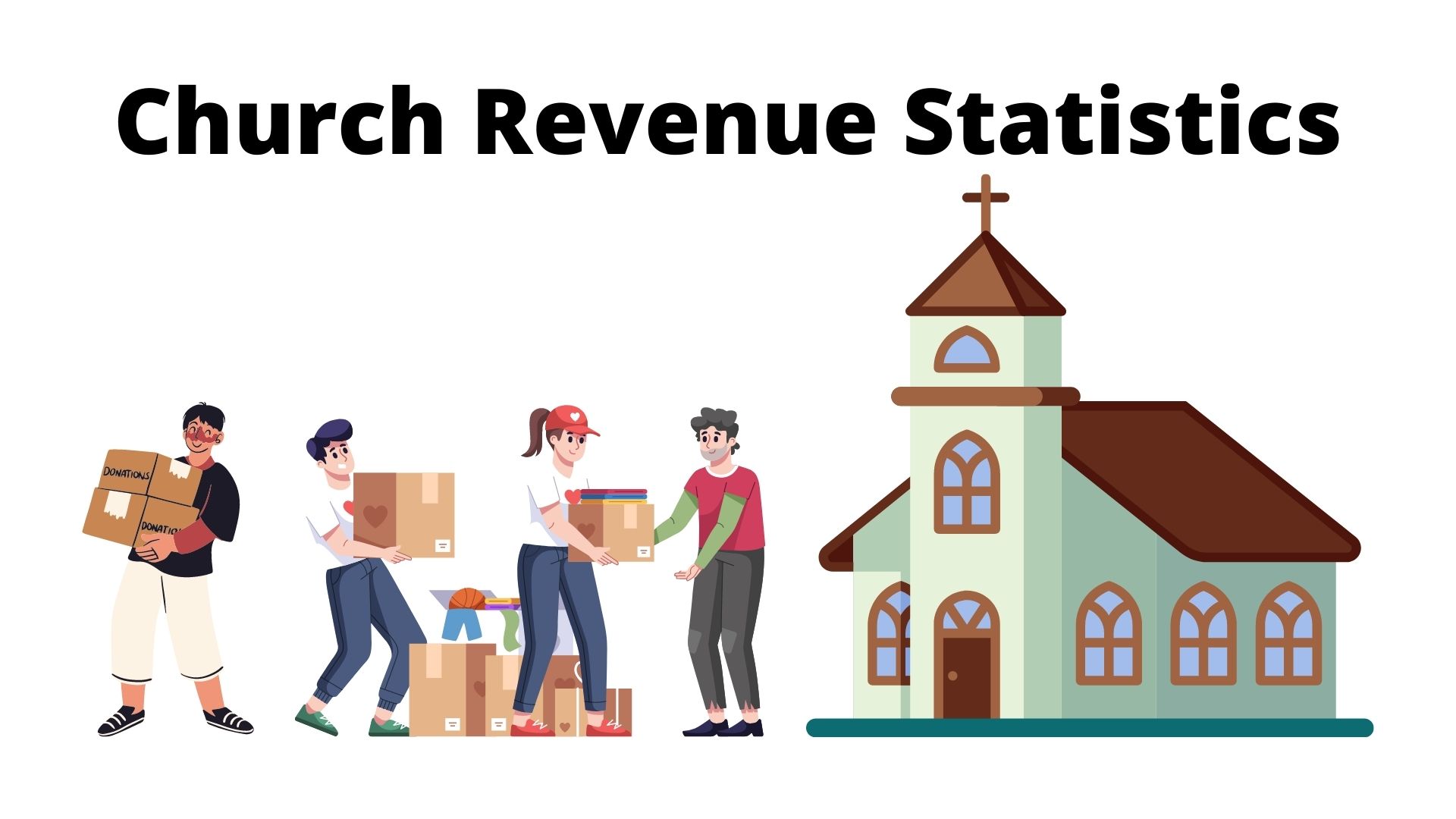BPM and CRM Better Together: Page 2
Forrest Burnson, a CRM specialist at Software Advice, noted that the best time for CRM and BPM integration may be when an older CRM system is going to be upgraded. The latest CRM packages often come with some kind of business process capability built in. In some cases, this can be quite sophisticated.
However, there are instances where an organization cannot or will not part with its legacy CRM software.
“There are many reasons why an organization would rather stick with their old CRM, so integrating BPM can be a solid way to enhance the existing CRM's value,” said Burnson. “Integrating BPM tools into an organization's broader ERP system can also cover gaps, especially when it comes to dynamically changing business processes and rules.”
Finally, those seeking to add BPM on top of CRM should be aware that with the many benefits they may experience in terms of better sales and marketing coordination, increased responsiveness and higher upsells, it does come at a price. Beyond the monetary aspect, you are adding yet another layer of software and more processes on top of those already in place.
“BPM adds another layer of complexity to an organization's IT infrastructure, but it also provides more flexibility and visibility,” Burnson said.
It takes great care to execute this in a way that masks the complexity, doesn’t require sales people to completely change ingrained processes and actually helps them achieve what they work on each and every day – sales.
Drew Robb is a freelance writer specializing in technology and engineering. Currently living in Florida, he is originally from Scotland, where he received a degree in geology and geography from the University of Strathclyde. He is the author of Server Disk Management in a Windows Environment (CRC Press).



